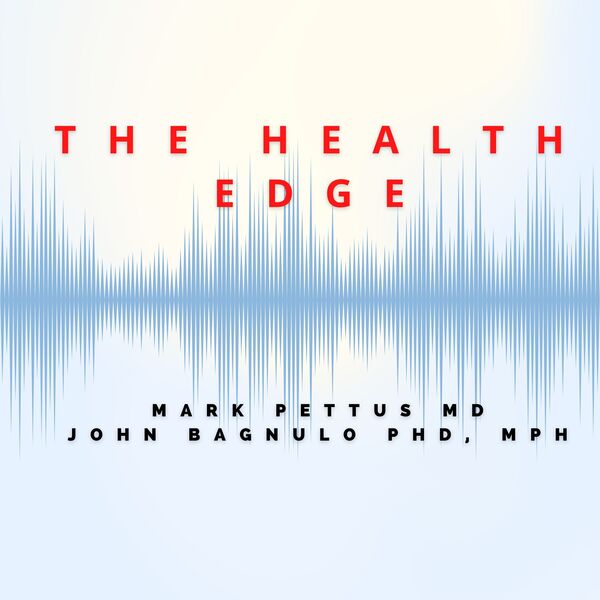Nature deficit syndrome is silently affecting millions as we spend over 95% of our lives indoors beneath artificial lighting that disrupts our biology at the most fundamental level. Dr. Mark Pettus delivers a compelling exploration of this modern disconnection, introducing the powerful concept that our current “junk light” epidemic may soon be viewed with the same concern we now direct toward processed foods.
Drawing from both scientific research and ancient wisdom traditions, Dr. Pettus reveals how the Japanese practice of Shinrin-yoku (forest bathing) offers a profound antidote to our indoor, technology-dominated existence. The evidence is remarkable – even brief nature immersion triggers measurable shifts from sympathetic nervous system dominance (fight-or-flight) to parasympathetic activation (rest and digest), resulting in lower blood pressure, improved heart rate variability, reduced inflammation, and enhanced immune function through natural killer cell activation.
At the heart of this discussion lies a philosophical revelation about human existence itself. The “illusion of separateness” that characterizes modern living contradicts our true biological nature as integral parts of a larger ecosystem. When we reconnect with natural environments – feeling the sunlight, breathing forest air rich with beneficial compounds, and simply being present – we synchronize with rhythms and frequencies our bodies inherently recognize. This reconnection doesn’t require abandoning modern life but rather intentionally incorporating nature exposure alongside other ancestral practices to create states of clarity, focus, and happiness that aren’t random gifts of fortune but natural conditions we can cultivate. Visit Essential Provisions to discover more resources for integrating nature’s healing power into your wellness journey.
For slide deck: www.thehealthedgepodcast.com
For sumptuous meals ready to eat (MREs): www.essentialprovisions.com
Audio Player










